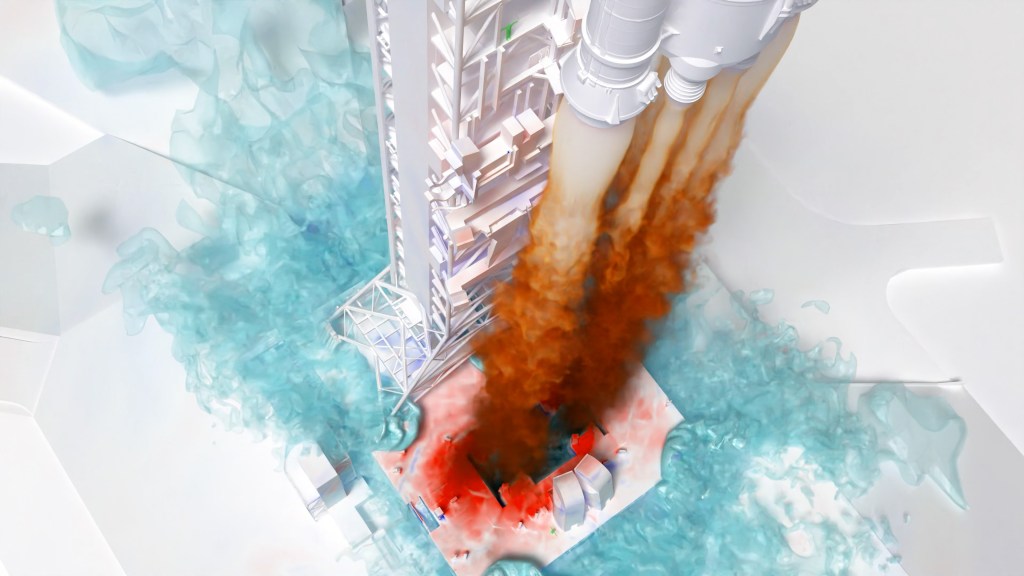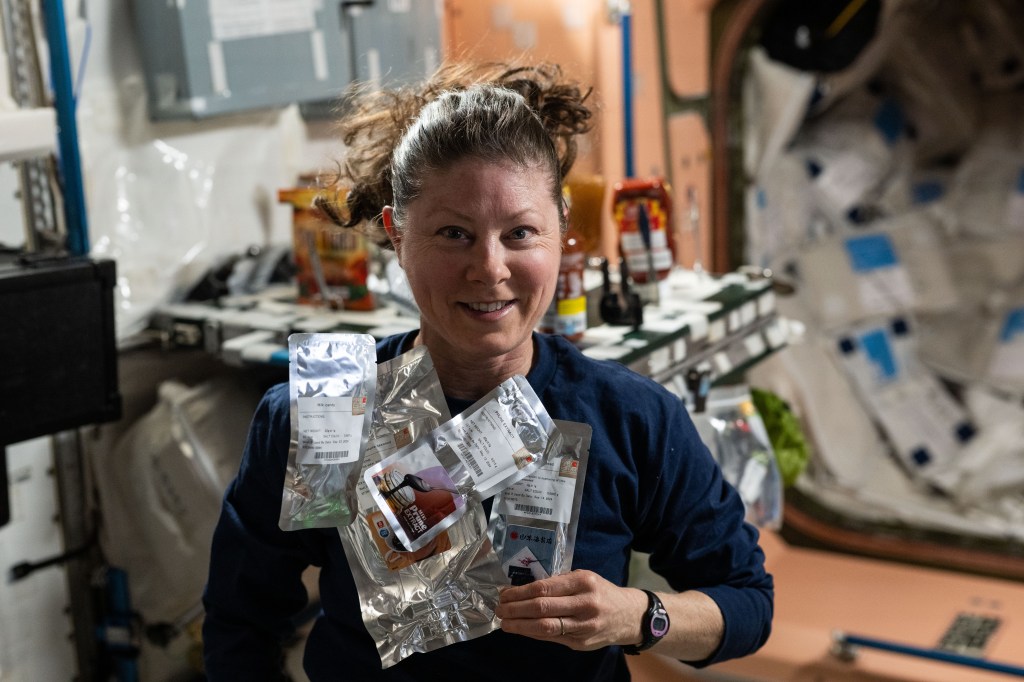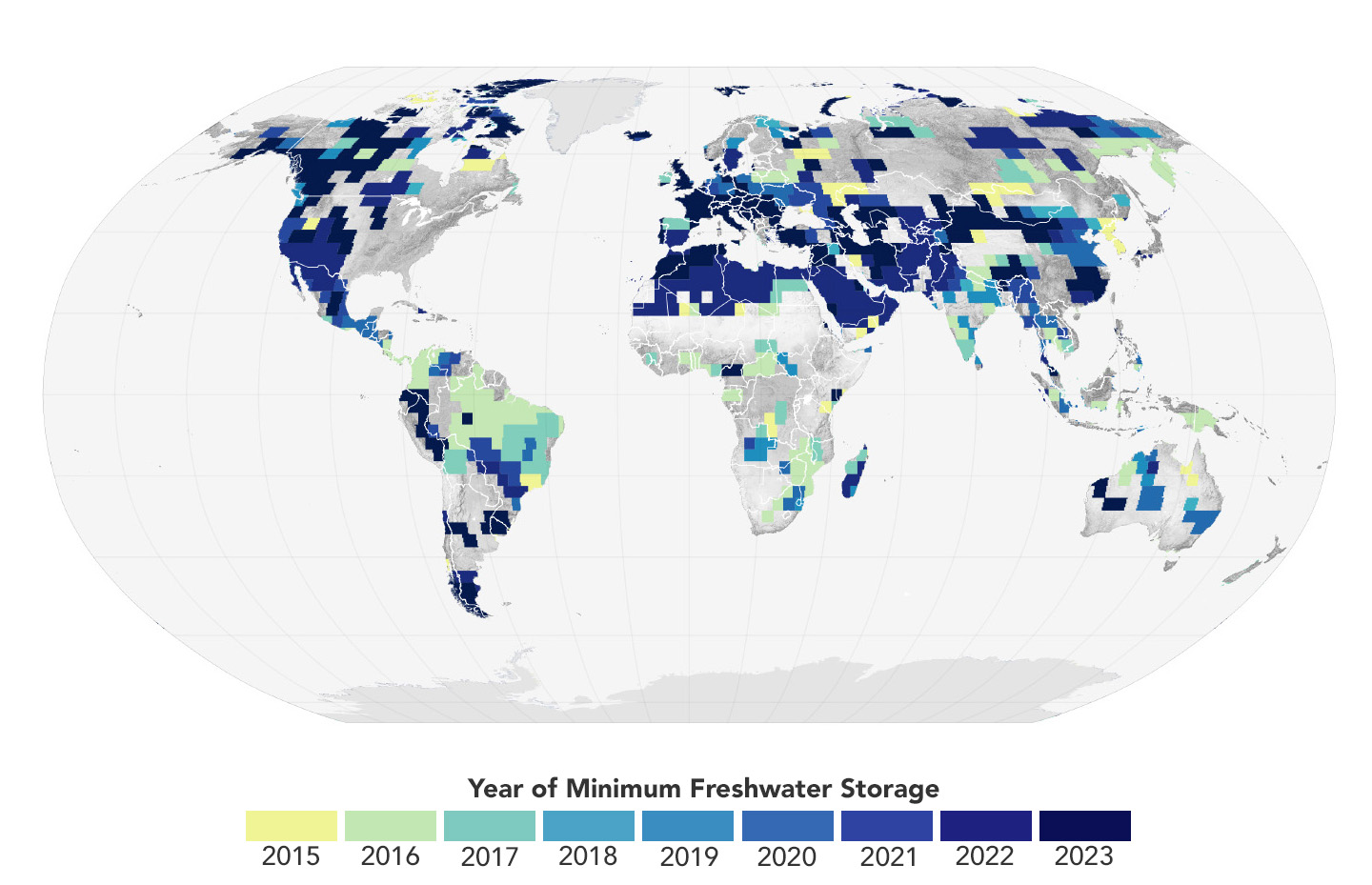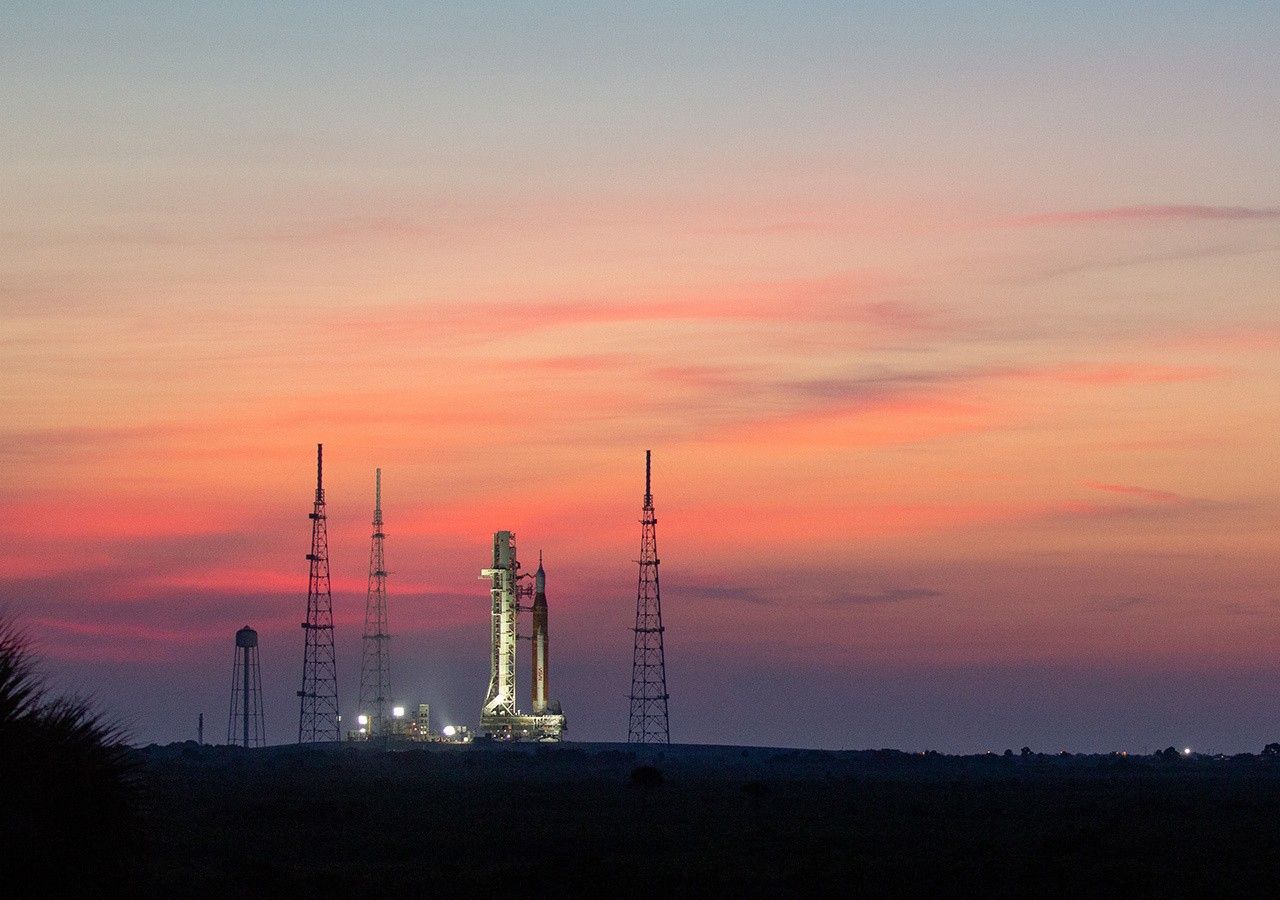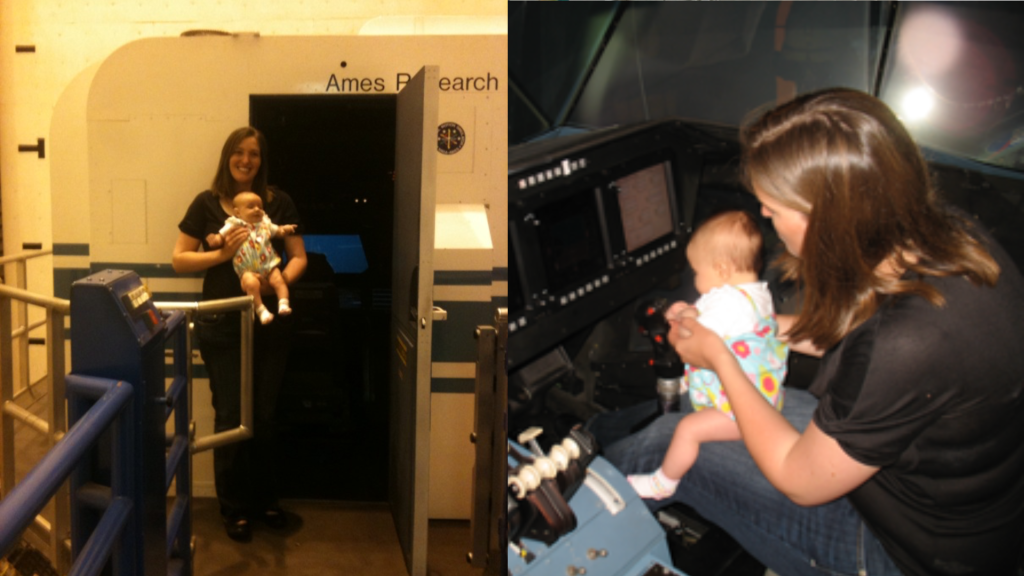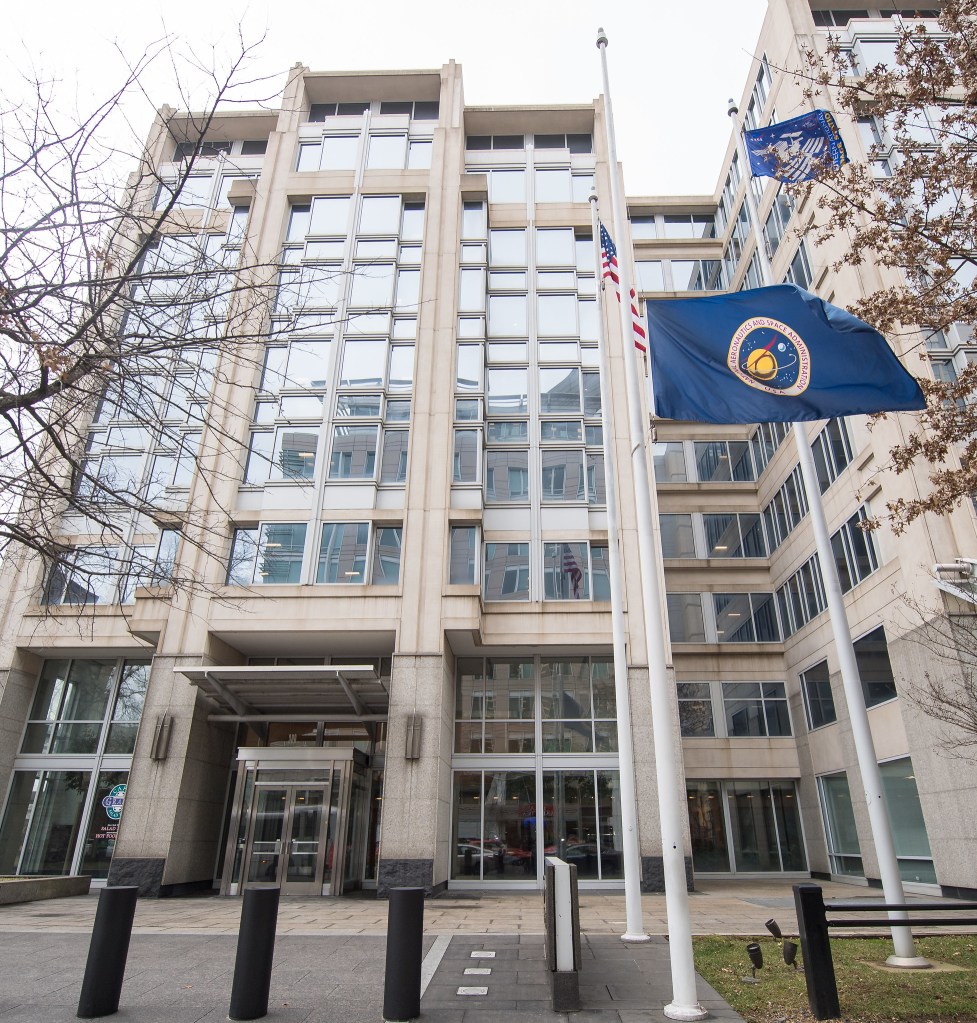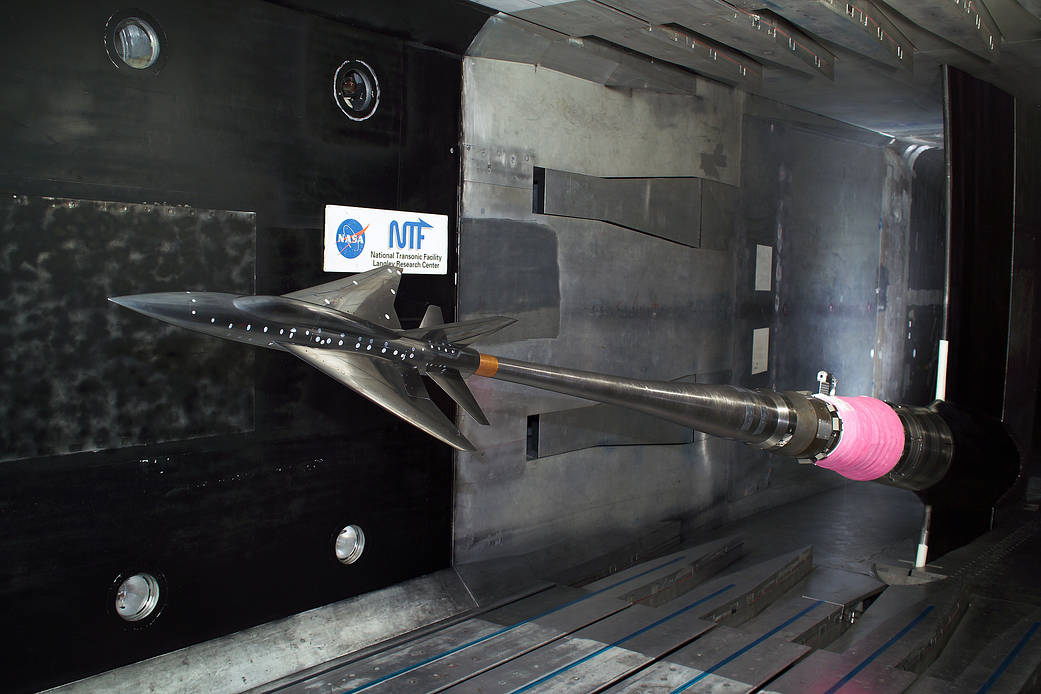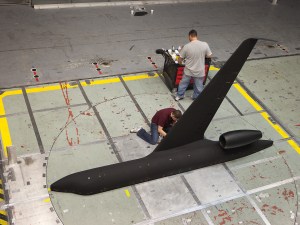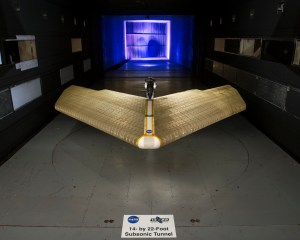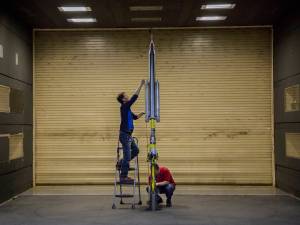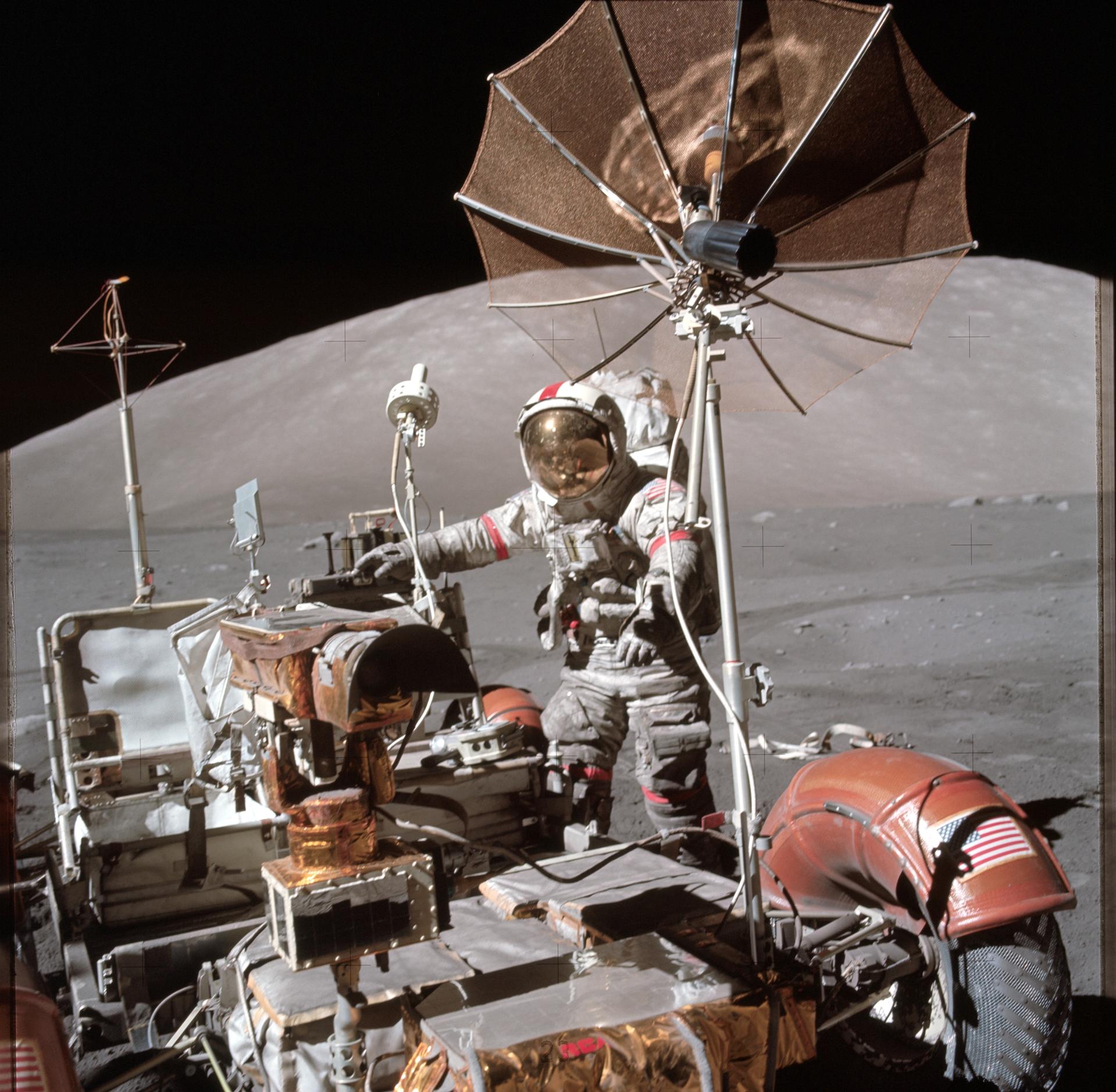National Transonic Facility
The National Transonic Facility (NTF) at LaRC is a large transonic, cryogenic, and closed-circuit pressure tunnel that provides the highest Reynolds number testing capability in the world. The NTF can use either air or cryogenic nitrogen as the test gas, depending on client testing requirements. In the cryogenic mode, the NTF can match and selectively isolate Mach number, Reynolds number, and aeroelastic effects to accurately determine and understand vehicle performance. The facility provides testing and configuration aerodynamics validation for both full- and half-span models for existing and new vehicle concepts.
11-Foot Transonic Unitary Plan Facility
The Unitary Plan Facility at ARC is an 11-foot transonic facility long known as a “workhorse” for the United States aeronautics industry. This facility has been used in the development of virtually every domestically produced commercial transport and military fixed-wing airframe since the 1960s. The 11-foot facility is used extensively for airframe development and aerodynamic studies and has played a vital role in every manned space-flight program, including NASA’s Crew Exploration Vehicle (CEV). A major test series in support of the exploration mission is testing parachutes for future unmanned probes to Mars.
Transonic Dynamics Tunnel
The Transonic Dynamics Tunnel (TDT) at LaRC is the world’s premier wind tunnel for testing large aeroelastically scaled models at transonic speeds. TDT investigations include tests of a NASA/Boeing Modern Transport to obtain steady and unsteady pressures on a wing and nacelle at transonic conditions, testing a Smart Vehicle Configuration to demonstrate the aerodynamic effectiveness of minibump control effectors, and a test of the CEV Dynamic Model to measure dynamic-pitch damping data. Additionally, a major project with the Defense Advanced Research Projects Agency (DARPA), Lockheed Martin, and NexGen focused on the development of Morphing Aircraft Structures (MAS) vehicles that undergo radical shape change to optimize performance in different flight regimes.

